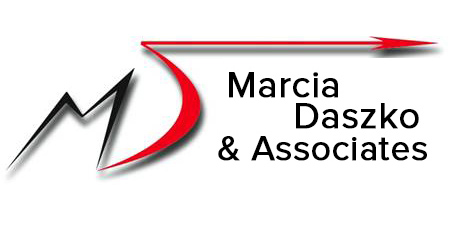Marcia's Leadership Q and As: Do You Appreciate Your Support Team?
/Q. The management team has an almost entirely new support staff after we celebrated several retirements after several decades of service. How do we onboard several new executive assistants and expand their team as we grow?
A. Transitioning the knowledge of retiring employees is helpful. Did you or can you look at your organization and anticipate retirements so you can prepare and plan how to transition and capture the knowledge of your retirees? If they have retired, perhaps you can hire them for a few hours periodically over the next few weeks to teach and onboard your new hires. As your prepare for retirees to leave, how can others on the team and in your organization learn their processes and responsibilities? Ideally, there’s a transition time. Often, retirees agree to answer questions for a new hire.
Executive assistants (EAs) and administrative and support staff are often the hubs of the organization. The flow of work, decisions, signoffs, communication, and information flow across their “desks.” Their continuing professional development is essential. They have been identified for their roles because of some of these traits: natural leadership, communication skills, decisiveness, ability to assess priorities and adapt as needed, follow-through, self-motivated and taking the initiative, and asking pertinent and timely questions. They move from strategic issues to getting the job done and actions are taken.
As with any role, continual education and improvement are an investment smart leaders make in their staff. In a rapidly changing workplace (and society), increasing their knowledge and skills to work with uncertainty and disruption, pivot to meet new needs, and help the teams and organization succeed is paramount. As a management team works to innovate and move into the future, the leadership framework needs to be understood and used by all.
Your EA support team has a large role in many businesses. Not only are they juggling and organizing, but they are also helping foster a collaborative culture, increase information and communication flow, reduce waste and complexity, develop healthy relationships, and ensure your customer’s (internal and external) needs are being heard and addressed. Elevating their knowledge and appreciating their contributions are essential.







